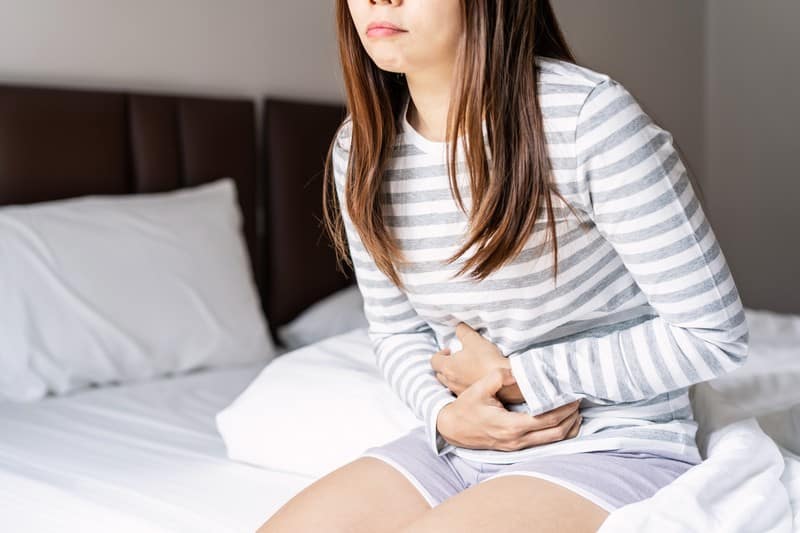Irritable bowel syndrome, or IBS, is a life-long condition that affects the digestive system. It mainly affects the stomach and intestines, collectively called the gastrointestinal tract. The exact cause of irritable bowel syndrome is unknown, but some experts concluded that it is related to the quick or slow movement of food through the stomach. This aggravates the nerves in the guts, making them oversensitive.
Another theory is that IBS is linked to stress and genes. Some problems that contribute to IBS are stressful conditions and life events, mental disorders such as anxiety and depression, bacterial infections in the digestive tract, bacterial growth within the small intestine, food intolerances or sensitivities, and genes or hereditary.
Unfortunately, there is no cure for IBS, but doctors recommend changes in diet and medicines that ease the pain and can control the symptoms. Women are more affected by IBS than men. This is because hormones and stress impact the mobility of the gut or stomach. For example, high estrogen and progesterone can interfere with gut mobility by slowing it down. In addition, women may experience more painful symptoms during menstruation.
Cramps or Pain in the Stomach Area

Stomach cramps are described as an unanticipated and tight feeling in the muscle of the gut or stomach. It is a sharp pain that varies from mild to severe. Usually, the discomfort lasts only a few minutes, but in some cases, it can last for three to four months.
Stomach pain or cramps is the most complaint among patients suffering from IBS. The pain usually starts right after the person eats. This discomfort or pain will only go away after a bowel movement. Cramps are unpredictable since the timing and level of pain may change from time to time.
Patients suffering from severe stomach cramps may follow the BRAT diet (banana, rice, applesauce, and toast) to ease stomach pain or persistent cramps. In addition, heat can help relax the muscle and relieve pain or cramps, so a hot compress or a hot shower can also help alleviate reoccurring cramps or stomach pain.










